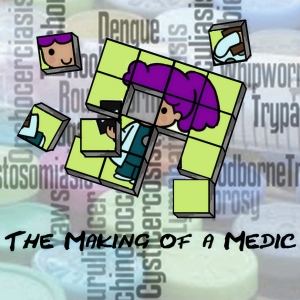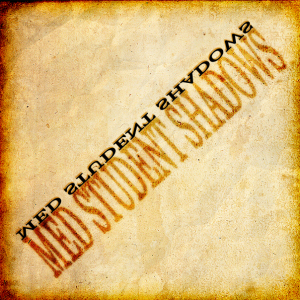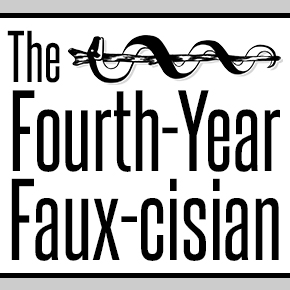The Problem with “Fake It Until You Make It” in Medical Training
Not sure? Uncomfortable? The popular advice is it to just “fake it until you make it.” Since starting medical school, I have heard students repeat the phrase frequently as a way to grapple with novel and occasionally unsettling situations, as well as the extensive amount of knowledge we are expected to rapidly acquire and apply.





